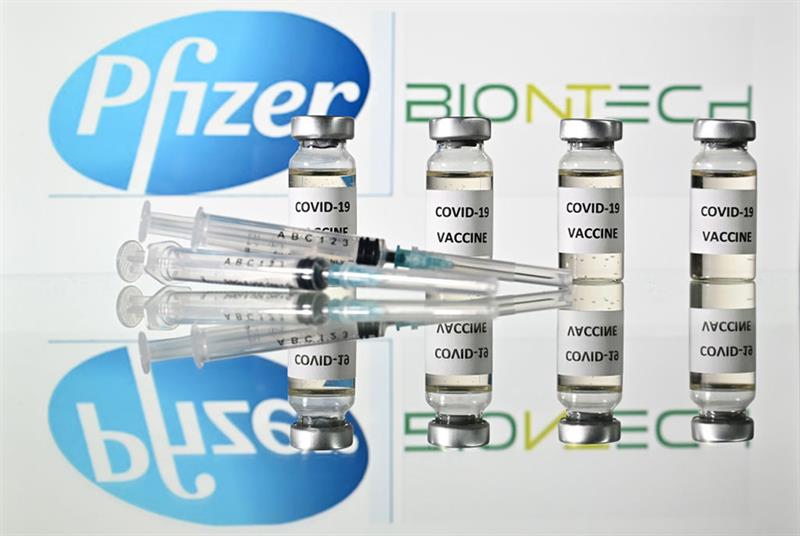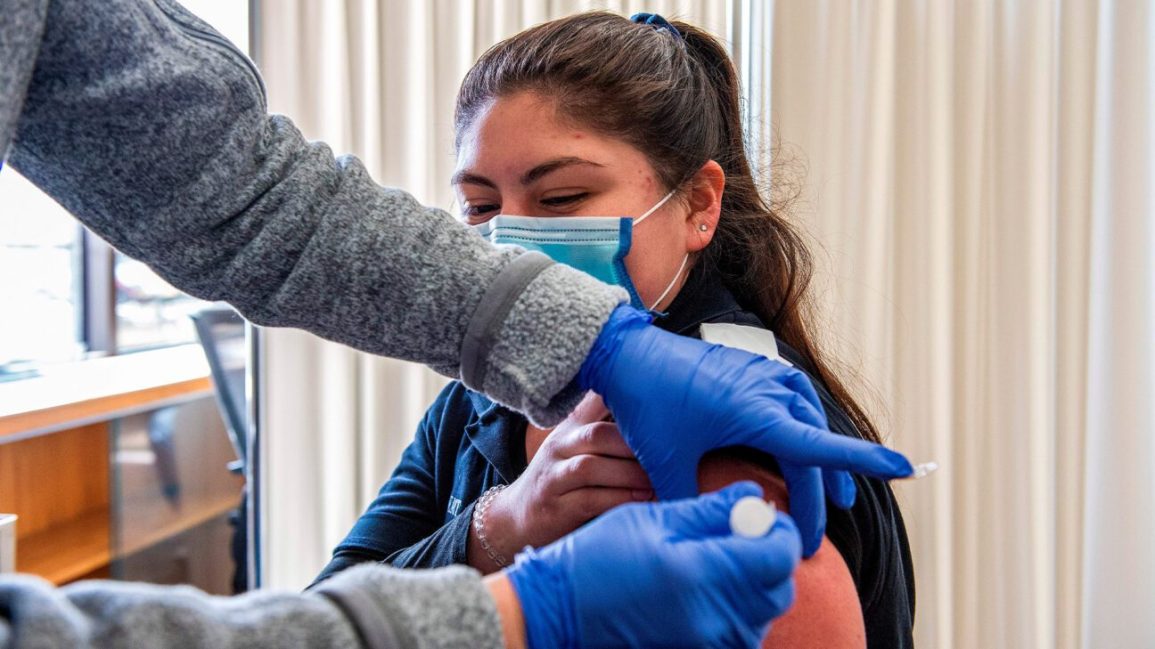Recognising the fact that the virus doesn’t care what passport a person holds, Malaysian officials have decided to vaccinate everyone at no charge.
In unexpected and very welcome news for expats in Malaysia, the government has decided that all foreign nationals living in Malaysia can get vaccinated against Covid-19 at no charge, just like Malaysian citizens, in a bid to reach herd immunity against the virus.
Health Minister Dr Adham Baba said foreign residents would receive their shots simultaneously with Malaysians under the national Covid-19 vaccination programme schedule, according to predetermined priority groups.
“We are giving [the vaccine to everyone] for free – because we want to achieve herd immunity. If we don’t immunise them, they may be a source of infection. We have a mechanism on how the private sector will help us, to enable us to give the vaccines for free,” he added.

Regardless of nationality, frontline workers would be vaccinated in the first phase, followed by the elderly (typically over-60s) and those with underlying medical conditions in the second phase, and then the general public.
The vaccination rollout is expected to begin at the end of February and should continue for roughly a year to ensure enough of the population is immunised against the coronavirus pathogen, SARS-CoV-2. Experts say 75-80% of a population getting vaccinated is generally considered sufficient to achieve herd immunity.
The health minister also said that Malaysia would receive shipments of the Pfizer vaccine before February 26 to begin the national Covid-19 vaccination programme, though he did not note the number of doses in the first shipment or when exactly it would be delivered. Reports in early 2021, however, indicated Malaysia had already secured a total of 25 million doses from Pfizer.
When asked if the European Commission has given any guarantee that Pfizer-BioNTech shots would be supplied to Malaysia on time, amid the European Union’s (EU) Covid-19 vaccine export controls, and increasingly problematic conflicts between the EU and the UK, Dr Adham explained that US pharmaceutical company Pfizer was actually assisting the Malaysian government on this, adding that Malaysia has a long relationship with the American company.

Worth noting is that the Pfizer vaccine has shown the greatest efficacy in reported clinical trials – an impressive 95% rate of effectiveness – while the AstraZeneca vaccine is a still-robust 82% effective.
Also important, the Pfizer vaccine is reportedly likely to work against the emerging variants of Covid-19, as well, though fortunately, those variants have not yet spread to Malaysia, outside of two isolated cases.
Early in the development stages of immunisations against Covid-19, it seemed Malaysia would be heavily reliant on Chinese vaccines. That, however, shifted as clinical trial results were widely published towards the end of 2020. China’s CanSino Biologics’ one-shot vaccine showed 65.7% efficacy, according to an analysis of late-stage trials, and the Sinovac vaccine from China has produced inconsistent trial results on its vaccine so far, with the latest Brazilian clinical trials showing just 50.4% efficacy.
The most recent entrant in the vaccine mix has come from Russia, whose Sputnik V vaccine has shown a high 91.6% rate of effectiveness in preventing symptomatic Covid-19, according to an interim analysis of Phase 3 trial results.
Here in Malaysia, as the programme gets set to begin, it is unclear if those being immunised will be able to choose their specific vaccine, but most countries so far have not allowed this. It stands to reason, however, that every government would seek to acquire only the vaccines with the best chance of working in their populations, so vaccines with poor or mixed efficacy rates would not likely be the preferred ones for governments to purchase.
"ExpatGo welcomes and encourages comments, input, and divergent opinions. However, we kindly request that you use suitable language in your comments, and refrain from any sort of personal attack, hate speech, or disparaging rhetoric. Comments not in line with this are subject to removal from the site. "





















